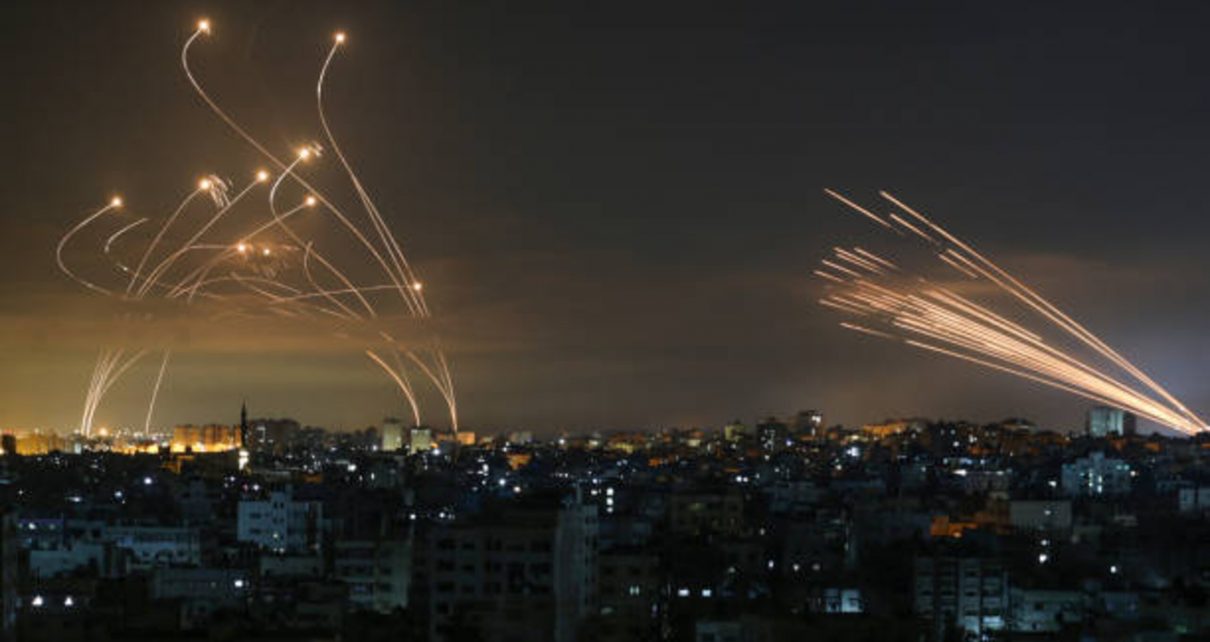Israeli Hostages, Humanitarian Crisis, and Diplomatic Efforts Dominate Ongoing Conflict
Amid the ongoing conflict in Gaza, Arab countries are pushing for an immediate ceasefire, while the United States expresses concerns about the potential for Hamas to regroup. The situation remains complex, with Israeli hostages, a growing humanitarian crisis, and continuous diplomatic efforts in the spotlight.
Arab nations have united in their call for an immediate ceasefire, emphasizing the urgent need to address the escalating humanitarian crisis in the region. Their demand for a halt in hostilities underscores the dire circumstances faced by civilians in Gaza, with millions displaced and UN facilities overcrowded. As one Arab leader stated, “We cannot ignore the suffering of the people, and it’s crucial that we act swiftly to protect innocent lives.”
However, the United States, represented by Secretary of State Antony Blinken, has expressed reservations about an immediate ceasefire. The U.S. position stems from concerns that such a ceasefire could allow Hamas to regroup and threaten the stability of the region. Blinken, in a statement, emphasized the need for a cautious approach, saying, “While we share the concern for the people of Gaza, we must ensure that any ceasefire is sustainable and doesn’t lead to further violence in the future.”
On the other side of the conflict, Israeli Prime Minister Benjamin Netanyahu has taken a firm stance, declaring that there will be no temporary ceasefire with Hamas until all Israeli hostages are released. This demand underscores the complexities of the situation, as Israel grapples with its own security concerns and the fate of its citizens held by Hamas. Netanyahu emphasized, “The safety and freedom of our citizens are paramount, and we cannot compromise on that.”
The humanitarian situation in Gaza remains a critical concern. The United Nations has reported that nearly 1.5 million people are displaced in the territory, with over 700,000 seeking shelter in UN facilities. Overcrowding in these shelters poses additional health risks to the already vulnerable population. A UN spokesperson noted, “The overcrowded conditions are exacerbating the health risks faced by the population, and immediate international support is imperative.”
As the conflict intensifies, diplomatic efforts continue. Secretary of State Antony Blinken is actively engaged in the region, working on what he has termed a “humanitarian pause” in the fighting. President Joe Biden also commented on the situation, indicating that some progress has been made. President Biden stated, “We are committed to finding a solution that ensures both the safety of Israelis and the well-being of the people in Gaza.”
In the midst of these diplomatic endeavors, Israeli forces continue to advance deeper into Gaza City. The main road south from Gaza City has been opened for limited periods to allow people to leave, but accusations have been made that Hamas is attempting to obstruct civilian evacuations. The situation at the Rafah crossing into Egypt has also caused concern, with reports indicating that foreign nationals were being prevented from leaving the territory. Hamas’s request for more wounded people to leave before allowing foreigners to depart has further complicated the crisis.
The Gaza conflict remains a fluid and evolving situation, with a delicate balance between humanitarian concerns, national security, and diplomatic efforts. The coming days will be crucial in determining the path forward in this ongoing crisis.



